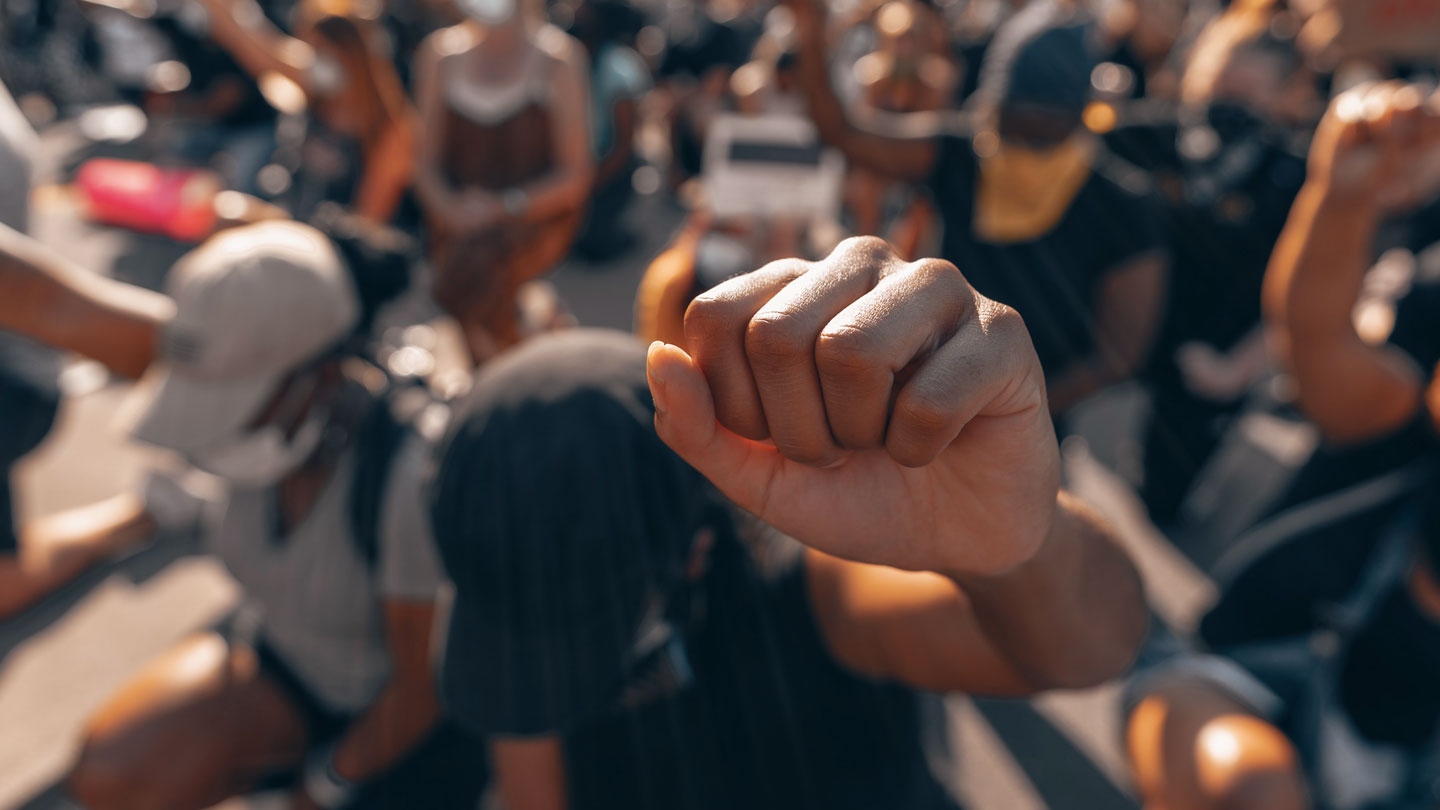

Indigeneity, Race & Ethnicity Studies
Commit to knowledge and justice.
What do indigeneity, race and ethnicity mean now, and how have they been defined in the past? How do they overlap with other ways of understanding difference? And how can we work toward a more equitable society? If these questions fascinate you, you’ll find a home in the Indigeneity, Race and Ethnicity Studies (IRES) program at Whitman College. You’ll work closely with dedicated professors from many fields of study to grow your skills in analysis, research and writing. And you’ll leave with a great foundation for a lifetime of work for social change.
3 Reasons to Study Indigeneity, Race & Ethnicity Studies at Whitman
Interested in Indigeneity, Race & Ethnicity Studies?
We’d love to send you information, including more on academic majors and student life at our beautiful campus in Walla Walla, Washington.
“This major offers students a unique way to examine the ideology which is foundational to academia, society and so much more…. I appreciate that professors in IRES meet students at their level and then raise them up.”
Our Whitman Student Voices BlogCourses in Indigeneity, Race & Ethnicity Studies
See just a few of the fascinating courses you might take.

Introduction to Indigeneity, Race and Ethnicity Studies
This course, designed for first- and second-year students, will present some of the foundational concepts and critical debates central to the Indigeneity, Race and Ethnicity Studies major. We’ll investigate the many faces of racism, such as settler colonialism, structural antiblackness and color-blind ideologies. And we’ll focus on interlocking oppressions, relating race back to class, gender, sexuality and other identities.
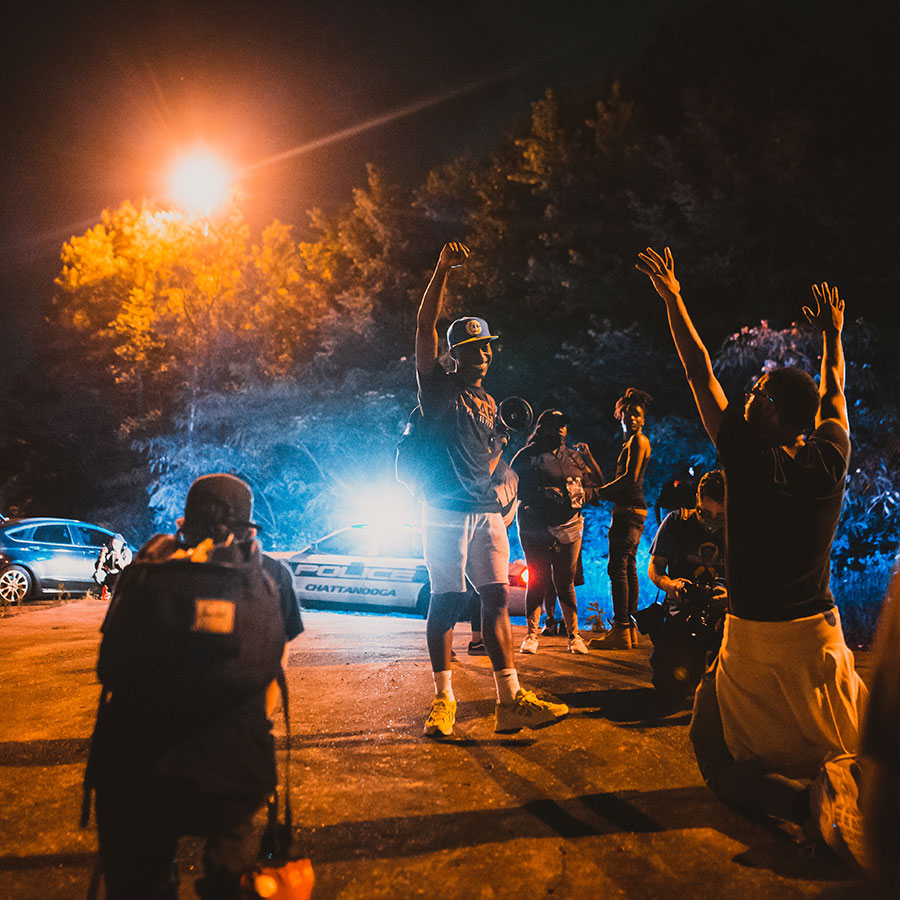
Race, Class, Violence
Race and class, domination and exploitation, are interrelated—but how, exactly? This class uses social theories like Marxism, critical race theory, feminism and postcolonial theory to define the nature of these relationships and to investigate contemporary forms of structural violence. Learning more deeply what each term means will help you put racial and economic struggles into context.

Global Indigeneities
This course will explore the concept of Indigeneity and Indigenous identity across time, geography, political contexts and different fields of study, including anthropology, history and political philosophy. Adopting a global perspective, we’ll discuss topics like Indigenous peoples’ self-determination and political status, land struggles and the protection of natural resources, cultural resurgence, political resistance and decolonization, and much more.
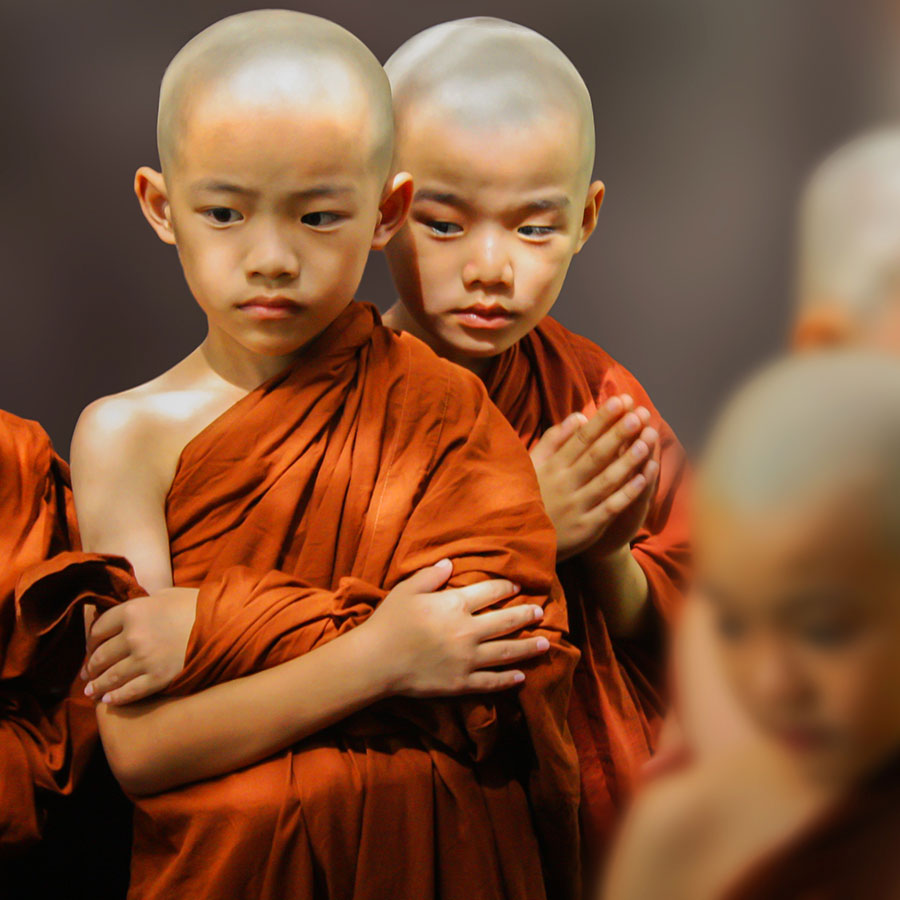
Race and Religion
If race is a product of human history, then religion has doubtless played a role in its development. In this course, you’ll examine the places religion and race have intersected in human history—from colonialism and the slave trade to antisemitism and Islamophobia.
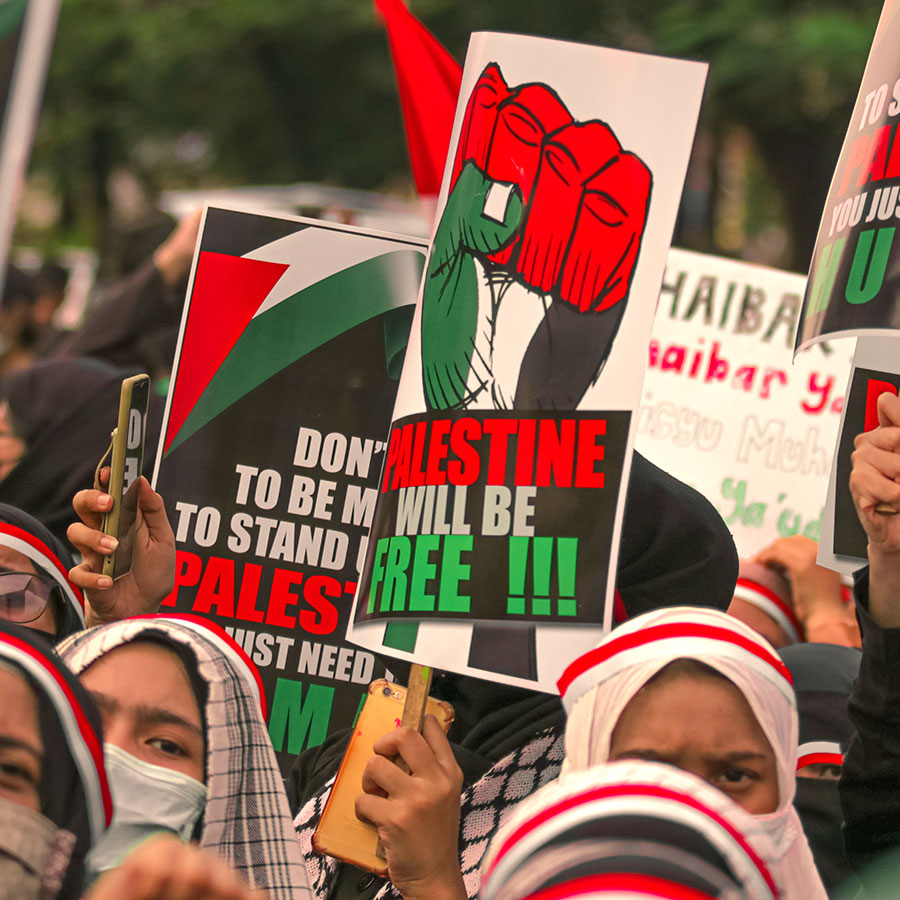
Continental Philosophy, Postcolonial Theory and the Palestinian Question
The Palestinian question has emerged as a growing concern for continental philosophers in recent decades, spurred by postcolonial theory. In this course, we'll scrutinize the racialization of Palestinians, their normalization as inferior and expendable beings, and the ethical and political hierarchization of lives.

Trauma and Its Aftermath: Narrative, Witnessing and Remembrance
Using contemporary examples of race- and gender-based violence, this course will examine debates in scholarship and activism over the definitions of trauma; its personal and collective impacts; and the social, cultural and political actions to be taken in its wake.
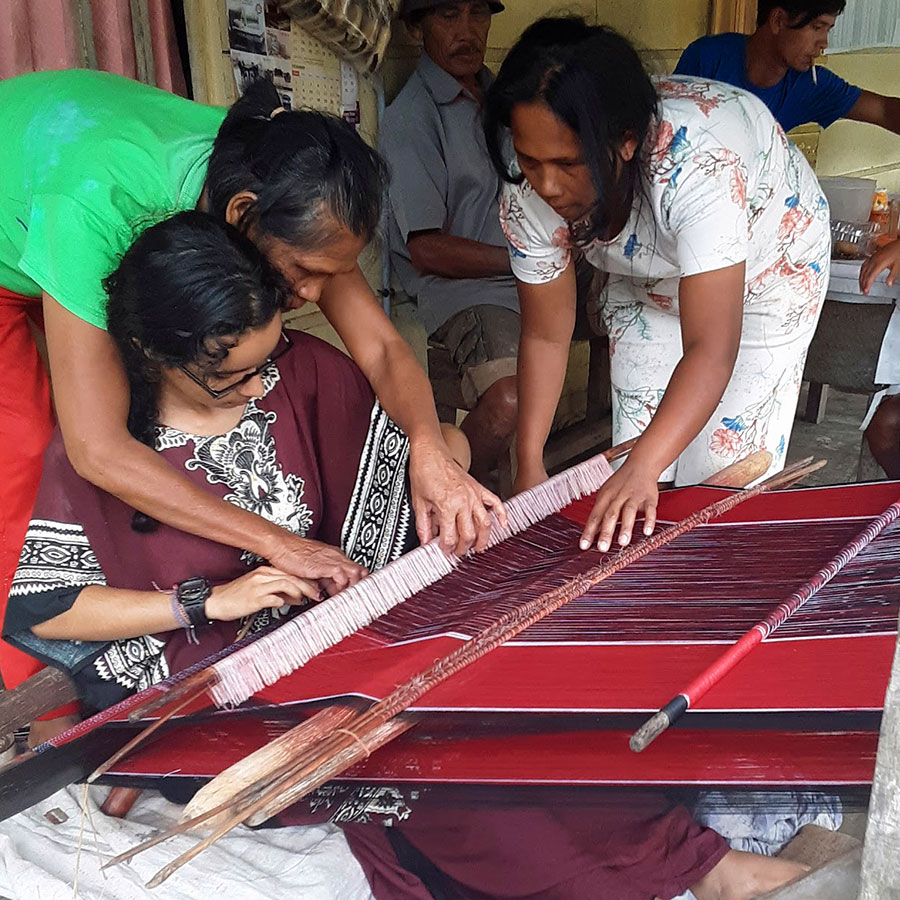
Amazing Experiences You Can Pursue
Do hands-on research. As an IRES major, you’ll work with faculty from different disciplines to develop interesting research projects on wide-ranging topics. Recent students have worked on projects like the U.S.-Mexico border in American print media, Jewish-American identities in 1930s radio, Black protest music and minority women in the sex industry.
Explore Indigeneity, Race, and Ethnicity Studies abroad. One of the best ways to gain context and perspective on your own country is to study in a different one. Whitman’s Off-Campus Studies program will help you design a meaningful experience. To reduce financial barriers, Whitman offers merit and need-based financial aid.
Apply what you learn to real injustices. IRES majors don’t just learn theories of social justice. They take it outside the classroom too. Our majors use what they learn to work for causes like gun violence prevention, reproductive justice and climate justice.
Your Questions Answered
“Indigeneity” has many definitions, but in general, it describes the quality of belonging to a group of people who identify as the descendants of a region’s original inhabitants. The United Nations estimates that there are more than 476 million Indigenous people living in 90 countries worldwide. Centering Indigeneity in the IRES major allows students to make meaningful connections between how forces like colonialism, racism and oppression operate in various spaces in the modern and historical world.
An Indigeneity, Race and Ethnicity Studies major gives you the tools to recognize and understand the meaning and effects of some of society’s most consequential identity markers. It’s like having a key to some of the most crucial issues in today’s world. Studying diverse peoples and perspectives will help you recognize injustice and work toward correcting inequalities in the workplace and world.
The IRES major can help you develop strong analytical and communication skills and a deep understanding of diversity and equity: a valuable skill set for any career. Because the Indigeneity, Race and Ethnic Studies major is interdisciplinary and flexible, you can tailor it with potential careers in mind. IRES majors go on to be teachers, counselors, lawyers, administrators, grant writers, museum curators, city planners and more.





